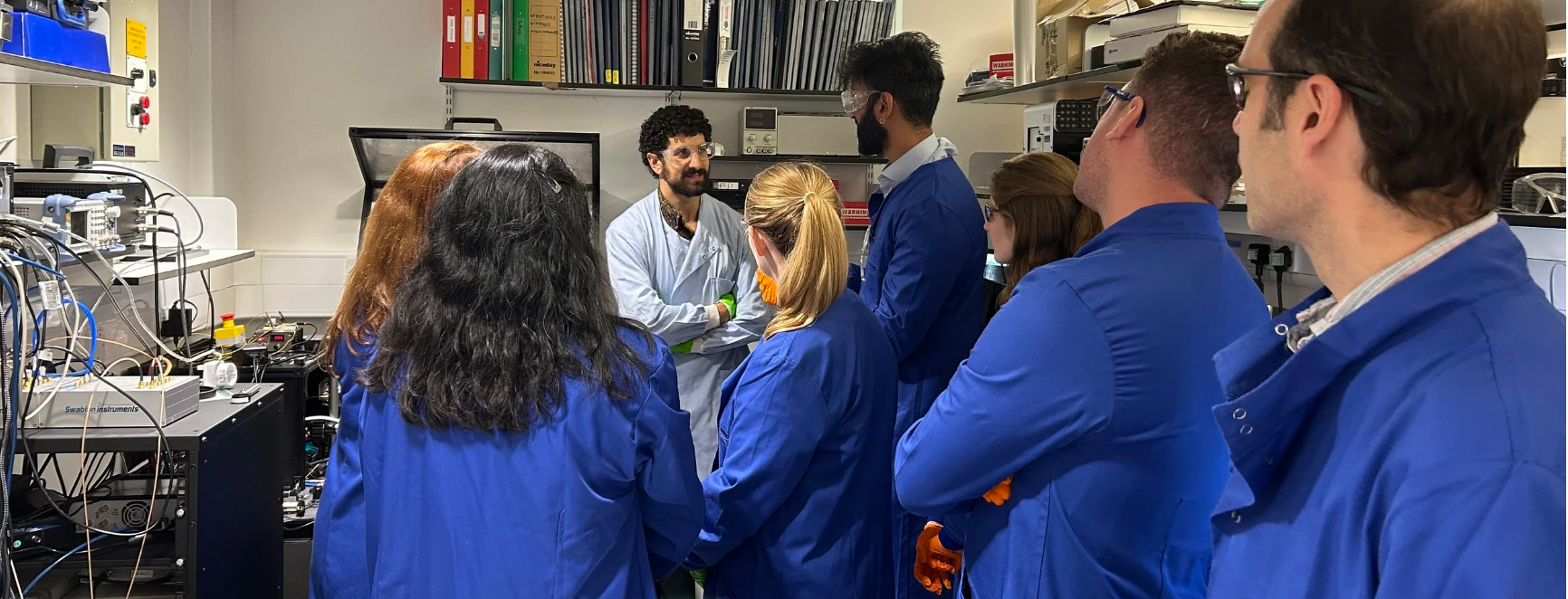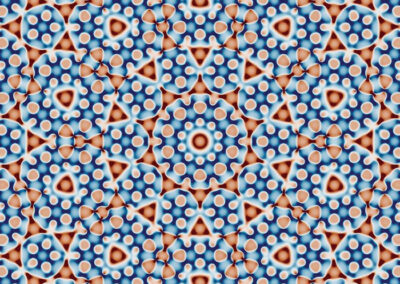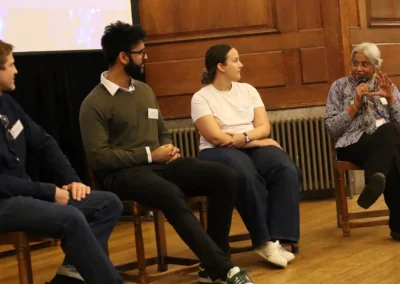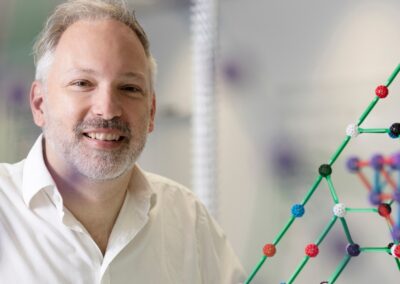On 29 August, Q-BIOMED welcomed stakeholders from the Department for Science, Innovation and Technology (DSIT), the Department of Health and Social Care (DHSC), NHS England (NHSE), and the National Institute for Health and Care Excellence (NICE) to UCL. The visit aimed to foster mutual understanding of each organisation’s capabilities and explore opportunities to strengthen collaboration across academia, government, industry, and public health.
Discussions centred around topics such as barriers to commercialisation, including difficulties in securing investment; concerns around obstacles to international collaboration; and the vital role of health innovation networks in supporting the adoption of new technologies.
Q-BIOMED’s recent clinical engagement efforts were also discussed, including our partnerships with NIHR Biomedical Research Centres and the work of our clinical steering group.
With a strong emphasis on prevention, digital health expansion, and shifting care into the community — priorities highlighted in both the NHS Long Term Workforce Plan and the 10-Year Healthcare Strategy — quantum sensing is well-positioned to make a significant impact. These shared priorities underscore the importance of maintaining close ties with NHSE and DHSC to ensure Q-BIOMED continues to align with broader national strategies, including the National Quantum Strategy.
As well as presentations from several Q-BIOMED investigators, and an overview of the Quantum Mission for Health from DSIT, the visit also involved a tour of the London Centre for Nanotechnology, including a lab visit.
Overall, the visit reinforced the importance of early engagement and strong alignment across stakeholders to realise the transformative potential of quantum sensors in delivering faster, more sensitive, and higher-resolution measurements to improve diagnostic pathways and patient outcomes. We look forward to continuing these discussions and deepening engagement as the Hub’s work progresses.
—————————————————————————————————————————————————————————————————————————————–
Launched in December 2024, the Quantum Biomedical Sensing (Q-BIOMED) Research Hub — the UK’s first hub for biomedicine — aims to deliver a step change in earlier disease diagnosis and treatment through developing a new generation of quantum sensors.
Developing new ultra-sensitive quantum-powered tests and sensors could enable much earlier diagnosis of disease such as cancer allowing for more rapid medical interventions and potentially saving lives. Ultimately, this could translate to better patient outcomes and help to reduce waiting lists, easing pressures on the NHS.
Q-BIOMED is part of a £160M network of five Quantum Technology Research Hubs, set up as part of the UK National Quantum Technology Programme, to ensure the UK benefits from the potential of quantum technologies.



